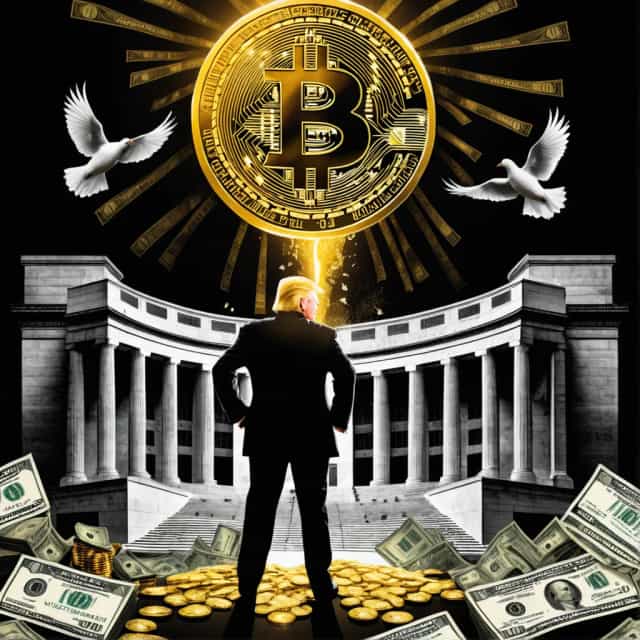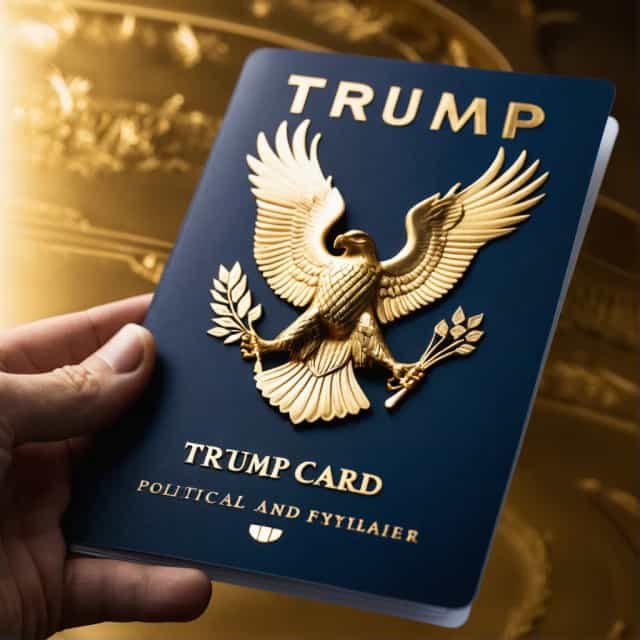
출처: Block Media
South Korea Concludes Currency Negotiations with U.S., Updates on Swap Discussions Remain Pending
South Korea’s Deputy Prime Minister and Minister of Economy and Finance, Koo Yun-cheol, announced a significant milestone in South Korea-U.S. financial diplomacy: the conclusion of currency negotiations between the two nations. While awaiting an official statement to be released soon, Koo emphasized that these talks were conducted independently of ongoing discussions surrounding a potential currency swap agreement.
Key Details from the Currency Negotiations
Upon his return from the United States on the 27th, Minister Koo addressed the media at Incheon International Airport, providing insights into the developments. However, Koo remained tight-lipped, refraining from divulging specific details about the outcomes. Earlier in the trip, on July 24 (local time), he held discussions with U.S. Treasury Undersecretary Scott Besant at South Korea’s Permanent Mission to the United Nations in New York.
The focal point of these negotiations appeared to be exchange rate policies, particularly issues identified during the U.S.-Korea "2+2" Economic Dialogue held in April. At that time, both nations committed to addressing exchange rate concerns through separate, targeted negotiations—a process that now seems to have achieved critical progress after months of consistent dialogue.
There is mounting speculation that the results of these negotiations will underscore the shared stance that "exchange rates should be determined by market forces." Notably, this sentiment mirrors language recently expressed in a joint statement from the U.S. and Japan following a similar high-level financial dialogue. A formal announcement of South Korea-U.S. negotiation outcomes is expected in the coming week, likely to shed more light on their conclusions.
Updates on U.S.-Korea Currency Swap and Investment Talks
Beyond exchange rate policies, Minister Koo also provided updates concerning the potential currency swap deal and broader discussions on financial collaboration between the two nations. During his meeting with Undersecretary Besant, Koo underlined the strategic importance of a currency swap for stabilizing South Korea’s foreign exchange market, providing a comprehensive explanation of current market conditions and requirements.
Treasury Undersecretary Besant has reportedly shown a strong understanding of South Korea’s financial landscape. However, Koo noted that the U.S. side would continue its internal deliberations on the matter and convey their decision at a later stage. This signals that while progress has been made, no definitive conclusions have been reached regarding the swap agreement.
Amid rumors that the U.S. has demanded substantially higher South Korean investments as part of these negotiations, Minister Koo categorically denied such assertions. “We have not heard any requests for increased investments,” he stated, countering speculation about potential conditions tied to the ongoing discussions.
Koo exuded cautious optimism on the matter of the currency swap, reinforcing his confidence in Undersecretary Besant’s grasp of relevant factors. “I believe all relevant aspects of the Korean foreign exchange market will be taken into account as the decision-making process proceeds,” Koo remarked, outlining a hopeful but pragmatic view of the path forward.
Anticipated Developments in U.S.-Korea Financial Ties
With the negotiations over exchange rate policies finalized, and deliberations on a currency swap still ongoing, an official statement addressing both areas is expected in the near future. The outcomes will mark an important chapter in U.S.-Korea financial diplomacy, particularly amidst a rapidly evolving global economic environment.
These developments signal a strengthening of economic cooperation between Seoul and Washington, focusing not only on exchange rate stabilization but also on creating a robust framework for addressing future financial challenges. The anticipated announcements, therefore, stand to influence broader market dynamics and bilateral economic relations significantly.










